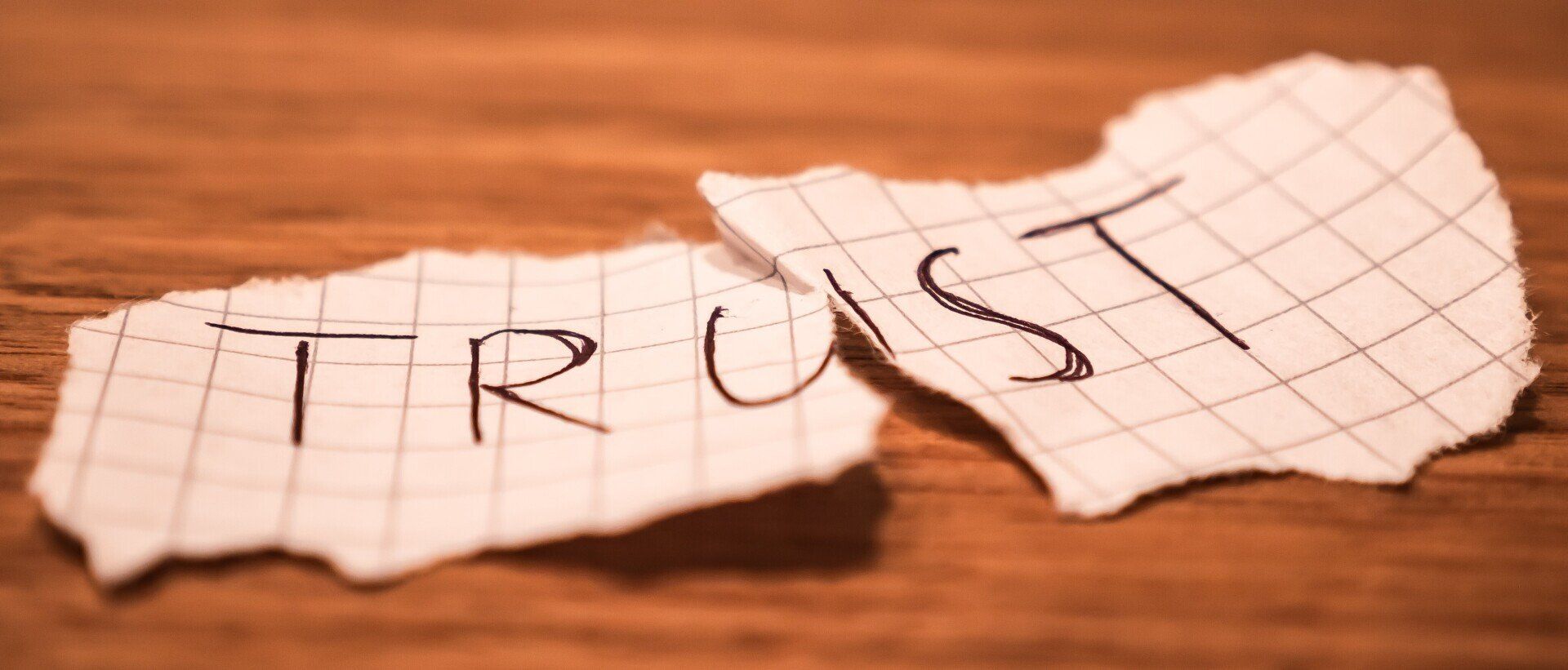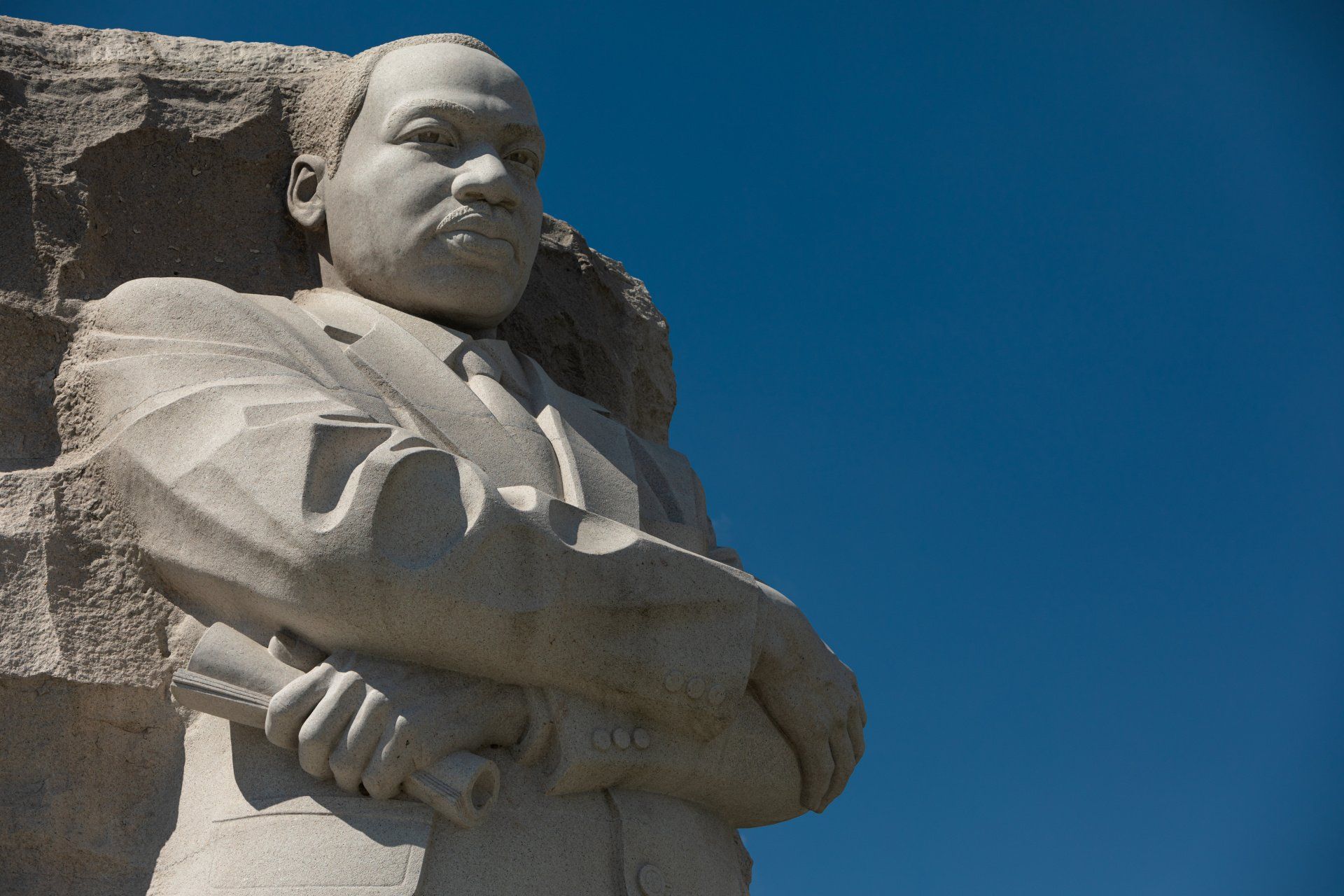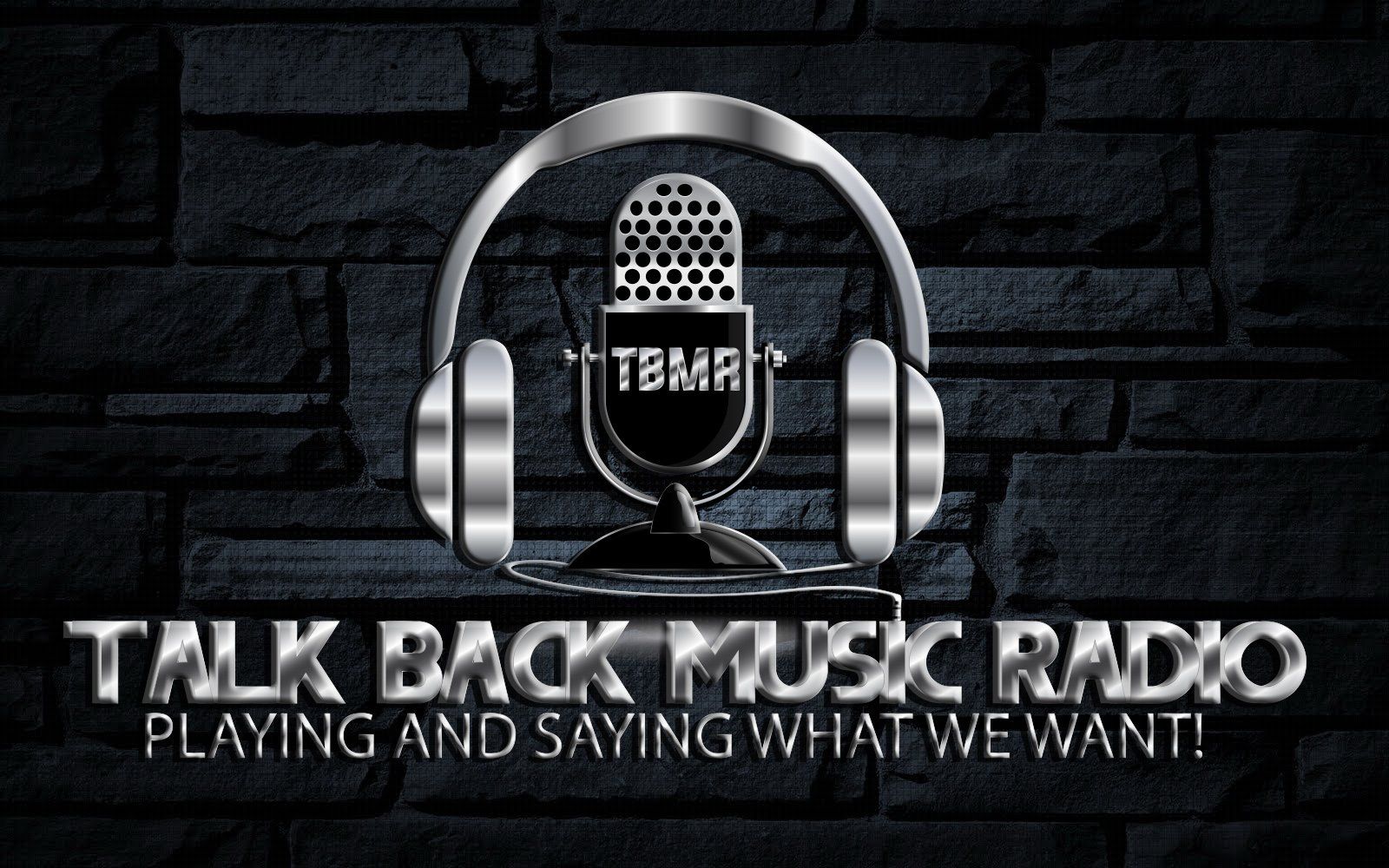Blog Layout
Just In Case...
Sep 22, 2020

There is an old Russian proverb mistakenly attributed to former President Ronald Regan when he commented on the circumstances in the Soviet Union and the Chernobyl nuclear plant incident: “Doveryai, no proveryai.” We heard it as “trust but verify.” Ronald Regan said it, but it did not originate with him.
The proverb is timely. Nan Russell stated in a July 2015 Psychology Today article, “The Problem with Trust but Verify,” that effective trust-building and leadership practices require knowing when and why to use it. She postulated that “when the outcome is essential and matters more than the relationship, use trust but verify. When the relationship matters more than any single outcome, don’t use it.”
Recently, while on a conference call during the Eastern NC Civic Group monthly meeting a question was asked about the voting status of ex-offenders. There is a guide published by the NC Board of Elections that clearly delineates the rights of ex-felons in North Carolina. Consistent with the recent ruling of the three NC Superior Court judge panel, “if you are convicted of a felony in North Carolina, you temporarily lose you citizenship rights, including your right to vote…. However, after completing all the terms of your sentence (including parole and probation), you do not have to do anything to have our citizenship rights restored. Those rights are automatically restored (N.C. Gen. Stat. 13-1).” Keep in mind however that an ex-offender must register to vote in the county of residence after discharge.
Here is where the Russian proverb makes a lot of sense. An ex-offender can and should obtain their Certificate of Restoration of Forfeited Rights of Citizenship from the releasing officer as proof, just in case any questions arise during the voter registration process.
We are in the midst of a significant opportunity for significant change. This is an all hands on deck moment, not in history, but now. Every able-bodied citizen needs to step forward and exercise their right to engage. There is no more fundamental demonstration of citizenship or civic responsibility than to vote.
Voter suppression wears many hats. In June of 2020, the United States led the world with 655 prisoners per 100,000 of population. In addition, the US had the largest number of prisoners at 2,121,600 (statista.com). Surely, not all of those individuals are convicted felons, but rest assured that they and their predecessors have every right to exercise their citizenship rights after having done the crime and the time.
The outcome of the election will impact this country like no other. We owe it to ourselves to ensure that every eligible person understands their responsibility, how they can engage in the process, and what they need to confront obstructions. Nan Russell was correct, the outcome matters more than the relationship. We must all stand ready to verify.
Share
Tweet
Share
Mail
Thoughts from Henry Lancaster II

02 Mar, 2022
There is a phrase I am sure many of you have heard at one time or another: “hope springs eternal.” Another way to put it is a famous literary query “if Winter comes, can Spring be far behind?” Sixty-five years ago this May 17th, na-tional civil rights leaders called for a rally on the steps of the Lincoln Memorial hoping to get the federal government to fulfill the promise of the Brown v. Board of Education decision with supporting enabling legislation (more specifi-cally the Civil Rights of 1957 which, by the way, was filibustered to defeat by Senator Strom Thurmond). A very young Martin Luther King, Jr. joined the litany of presenters that day as the last speaker. The very young King noted that the monumental Brown decision was met with opposition in open defiance from many states. One form of opposition he addressed was “all types of conniving methods that are still being used to prevent Negroes from becoming registered voters.” He stated that the “denial of this sacred right is the tragic be-trayal of the highest mandates of our democratic tradition.” The defenders of voting rights today echo the same message in their challenges to restrictions being legislated al-most daily across the country. Decades before King, American writer and bard, James Weldon Johnson, wrote about democracy in America stating that “[t]his country can have no more democracy than it accords and guaran-tees to the humblest and weakest citizen.” Both King and Johnson spoke of the fulfillment of the American govern-ance experiment as having to be inclusive and non-judgmental. They more than intimated that America cannot suc-ceed if it does not allow all its citizens to have a voice. King stated, “Give us the ballot, and we will no longer have to worry the federal government about our basic rights. Give us the ballot, and we will no longer plead to the federal government for passage of an anti-lynching law; we will by the power of our vote write the law on the statute books of the South and bring an end to the das-tardly acts of the hooded perpetrators of violence. Give us the ballot, and we will transform the salient misdeeds of bloodthirsty mobs into the calculated good deeds of orderly citizens. Give us the ballot, and we will fill our legislative halls with men of goodwill and send to the sacred halls of Congress men who will not sign a “Southern Manifesto” because of their devotion to the manifesto of justice. Give us the ballot, and we will place judges on the benches of the South who will do justly and love mercy, and we will place at the head of the southern states governors who will, who have felt not only the tang of the human, but the glow of the Divine.” Arguably, the United States Constitution was intended to be the beginning of a nation’s evolution not a marker in time to fit the interests of those “in charge” at the time. I say arguably because so many of the founding fathers and their successors were purveyors of our country’s original sin. Contradictions have ravaged our past. But over time however, amendments have been adopted to right the wayward ship. And it is those amendments that have ex-panded the nation’s contract with its citizens that all men are created equal and are endowed with inalienable rights to life, liberty, and the pursuit of happiness. Voter suppression is hands down a breach of that contract. If one’s Second Amendment right to bear arms is con-sidered untouchable so should be another’s right to participate in structuring their governance. That is, a voter has the right to enter a polling place with the expectation that their vote can and will make a difference. If that voter is left with the impression in any way that the exercise of the right is mathematically insignificant for any reason other than their inability to rally like minded voters, then a breach has occurred. A breach of that magnitude is un-American. If hope truly springs eternal, it is because each election season has meaning for more than a privileged few. (References to Dr. King can be found at the King Research and Education Institute at Stanford University)
